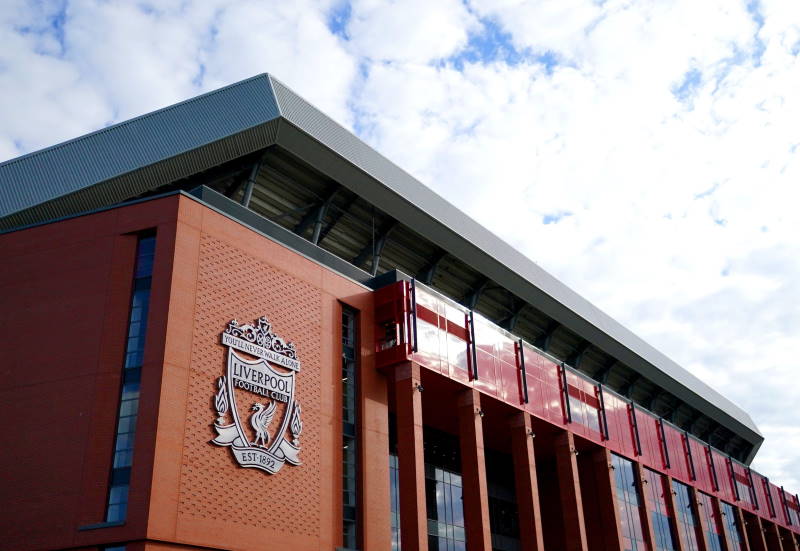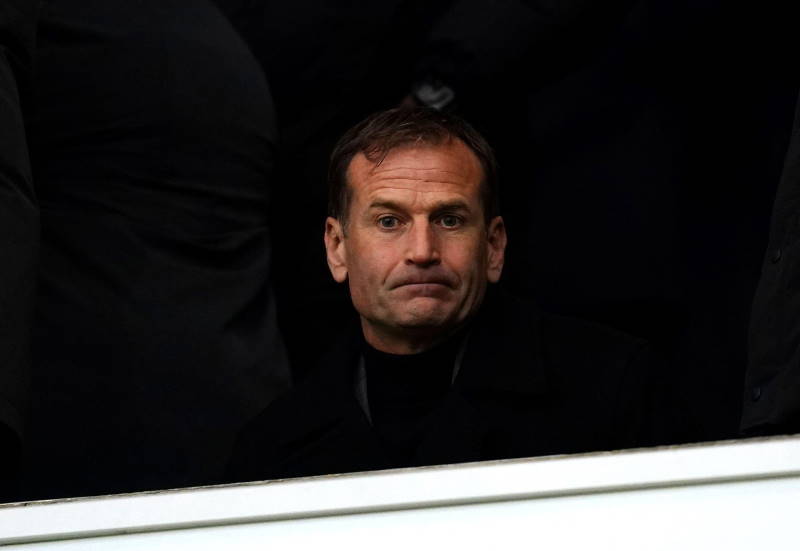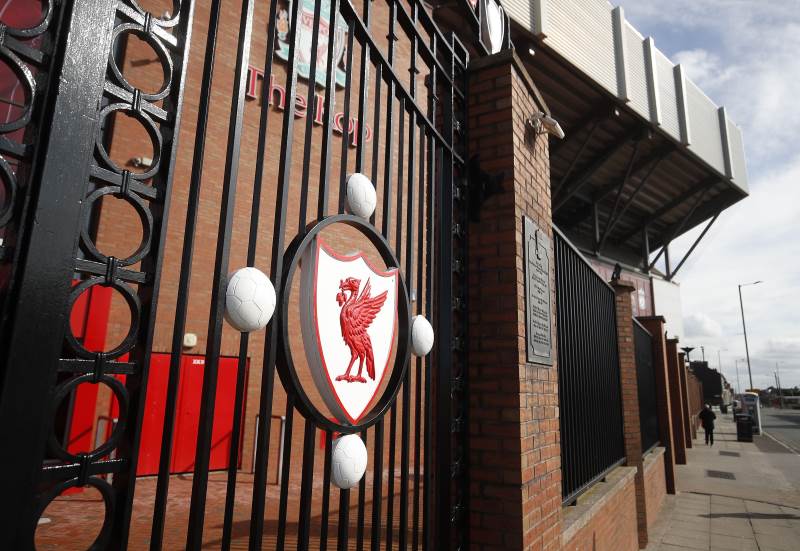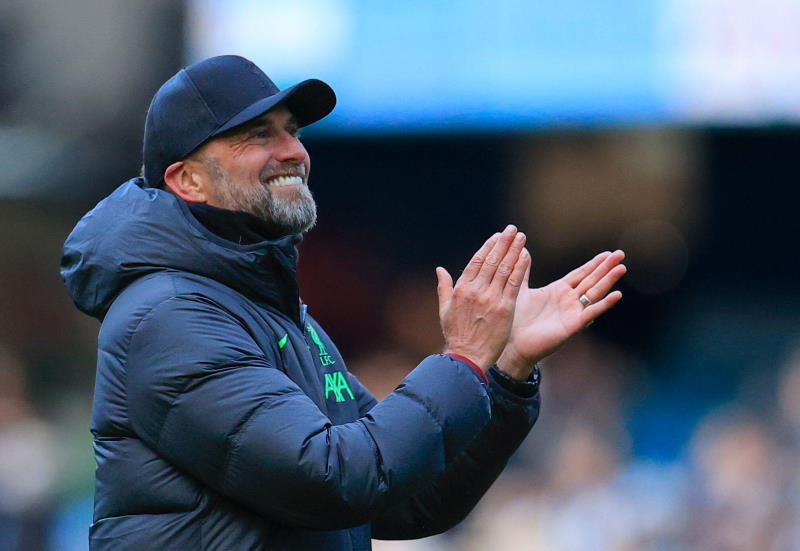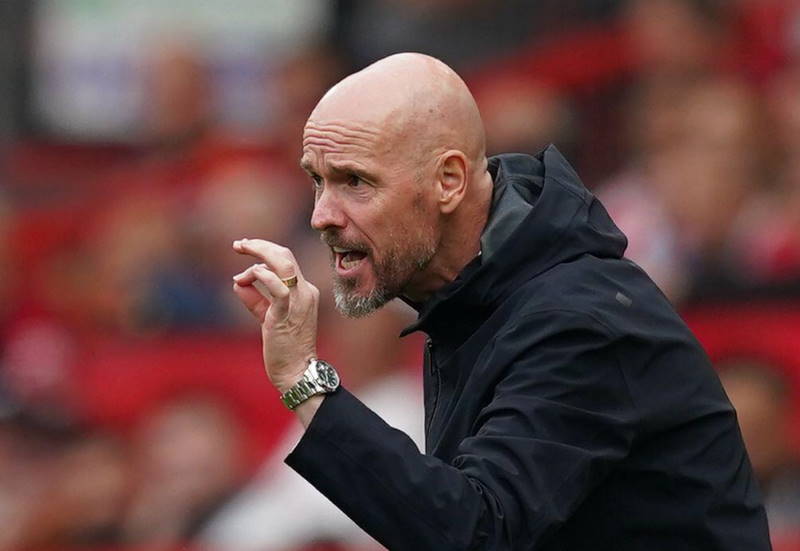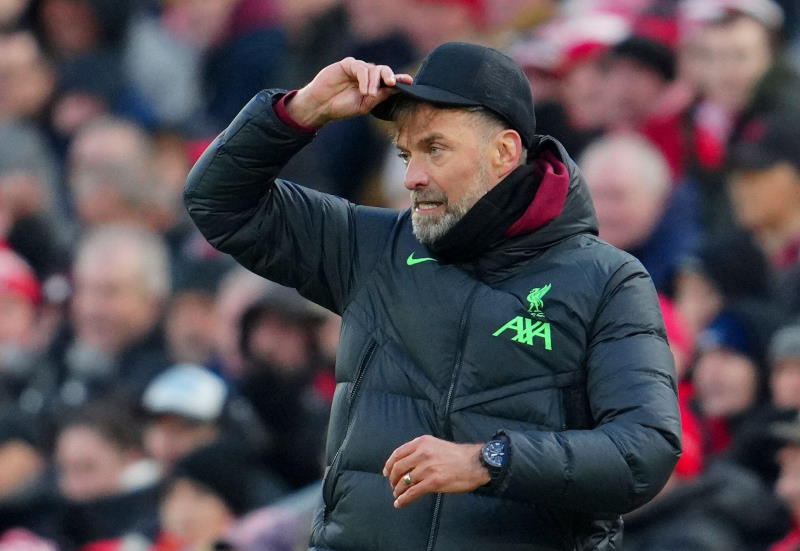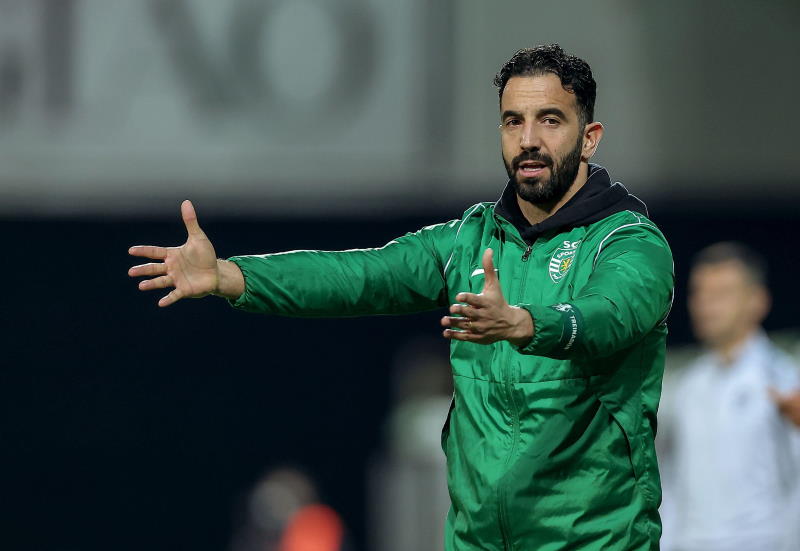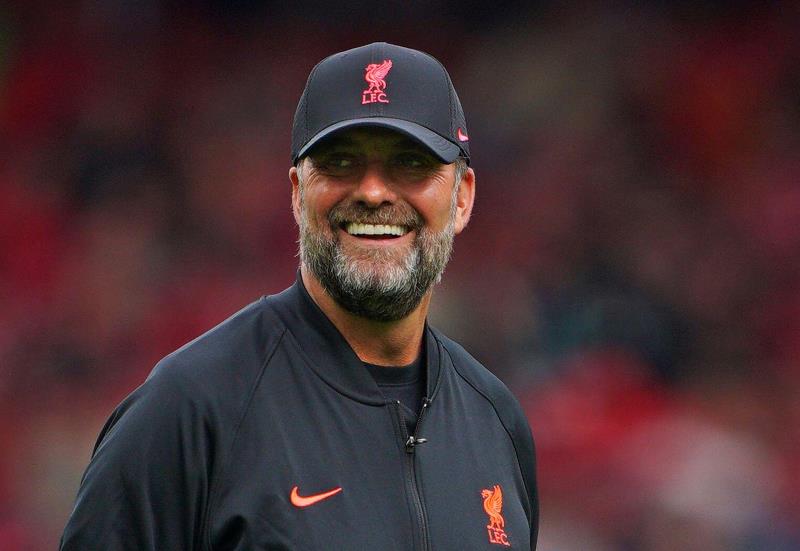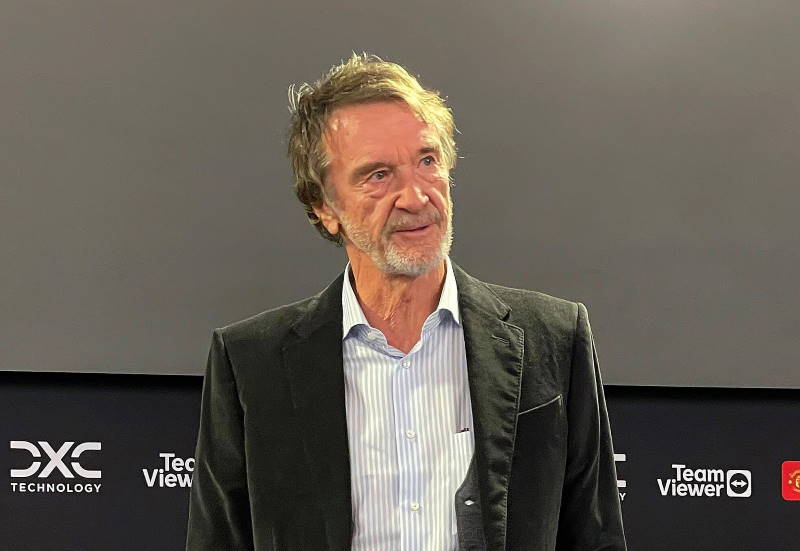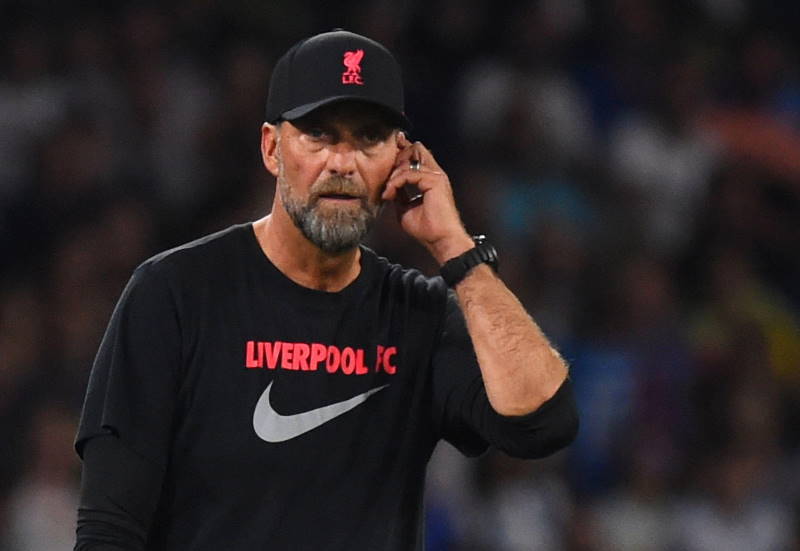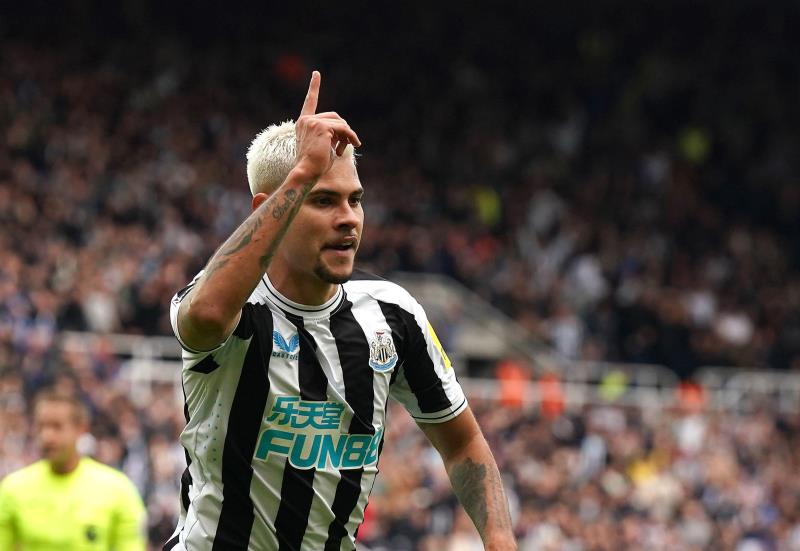
John Welsh
Everton supporter and chairman Bill Kenwright has had many ongoing issues to contend with over the last few years. Recurring financial problems and attempts to find new owners and a new stadium for the club have all hindered the Toffees in their bid to become one of the elite sides in the English Premier League. Manager David Moyes is now the third longest serving manager in the top flight, but despite being reasonably secure in his role, the Scot’s long term ambitions may yet present a further problem for Kenwright.
After winning the 1985 First Division title and European Cup Winners Cup under Howard Kendall, many were anticipating a long period of Evertonian dominance in English football. Perhaps the ban on English teams competing in European football after the Heysel disaster prevented the team from reaching their true potential and the eventual departure of Kendall to Spanish club Athletic Bilbao provided the catalyst for the break-up of a successful squad. Although the Toffees regained the English title two years later, an FA Cup win in 1995 is the only domestic honour to have landed at Goodison since those heady days.
Today Kenwright has been forced to admit that Everton cannot repeat that golden era while he remains as the major shareholder. Since appointing David Moyes as manager in 2002, the club has gradually become a regular top eight finisher in the Premier League, bringing with it qualification for European football. However, operating costs are now outstripping revenue with an estimated £4M shortfall predicted for this year. With the chairman adamant in his desire to maintain affordable admission prices, there is a very real danger of Everton, the club that produced Wayne Rooney, being forever labelled a selling club.
Marouane Fellaini, the flame-haired Belgian midfielder, remains the Toffees’ record buy at £15M, but that was back in September 2008. There have been no significant purchases since, and in the recent transfer window, influential playmaker Mikel Arteta was sold to Arsenal on deadline day for between £10M and £15M. To his credit, Arteta contacted Kenwright after making the move south to express gratitude for his time at Everton, but the Spaniard insisted he had to move on to further his career. Perhaps it was a good deal for the club, as Arteta had not produced his top form on a consistent level over the last two seasons.
There are younger midfield players emerging from the reserves who are mounting a serious challenge for regular first team football too. Ross Barclay and England international Jack Rodwell are growing evidence of the club’s burgeoning youth policy under Moyes. Even so, there is talk of further sales to provide much-needed funds for team building.
Fierce debate surrounds the future of the 20-year-old Rodwell, observed by a chunk of Everton fans as a player with a good engine but no special qualities. He has been likened to Jordan Henderson at nearby Liverpool, for whom the Reds paid Sunderland a fee which could reach £20M. Any proceeds from a similar fee for Rodwell could be used to strengthen the squad in areas other than the overstocked midfield department. Set against this is the desire and ambition of manager Moyes and his willingness to sanction such a move.
Despite having been in the Everton dugout since 2002, Moyes still has no silverware to show for his considerable efforts, and he remains relatively young at 48. The former Preston manager continues to be popular among club officials and supporters, and is often linked with managerial roles at other Premier League clubs. This summer, however, the job of England manager becomes vacant after Fabio Capello’s decision to leave following Euro 2012.
Although a Scotsman, Moyes could be a leader contender. With the idea of an English or British-born successor gathering momentum, two of the favourites will be aged 65 by September next year. Although Roy Hodgson (West Brom) and Harry Redknapp (Tottenham Hotspur) both have vast footballing experience, their long term viability for the role must be questioned; Redknapp’s recent heart scare does not bode well for his health prospects in such a demanding job.
Among the alternative English contenders in the Premier League, Steve Bruce (Sunderland), Neil Warnock (QPR) and Alan Pardew (Newcastle) have all been mentioned at some stage as inheritors of the England crown. None of these names can be considered as genuine favourites in the absence of a lack of domestic honours though.
Whether Moyes would wish to be considered for the national job is open to debate, but if Everton become entrenched as a mid-table Premier League outfit with little prospect of joining the elite, then he may look elsewhere to further his ambitions. The club’s recent win over Wolverhampton Wanderers alleviated the possibility of Everton joining the relegation scrap for now, and it would appear they have sufficient squad strength to avoid struggling in the long term.
There is the nucleus of a strong team emerging at Goodison Park, and further investment could establish the club as genuine Champions League qualification contenders, but the chairman cannot provide the necessary stimulus.
Kenwright will continue his search for new owners and a freshly built stadium, yet the lack of progress with the latter is claimed to be a significant factor in failing to attract a rich benefactor. The Goodison chairman has been eager to stress that Manchester City’s newish Eastlands stadium prompted their Middle Eastern owners to buy the Mancunian club rather than Everton. Should Kenwright’s hopes fail to materialise in the coming months he faces the further potential headache of seeking a new manager. The consequences of this could be far reaching.
The Blue Union movement, through which the supporters are protesting against Kenwright, would certainly become more vocal in the condemnation of their chairman. Faced with the liberal transfer policy of their neighbours Liverpool, who have splashed over £100M on new players this year, the Union continues to protest against the perceived stagnation of their football club.
The year 2012 could yet prove a defining one for both Bill Kenwright, David Moyes and Everton.

